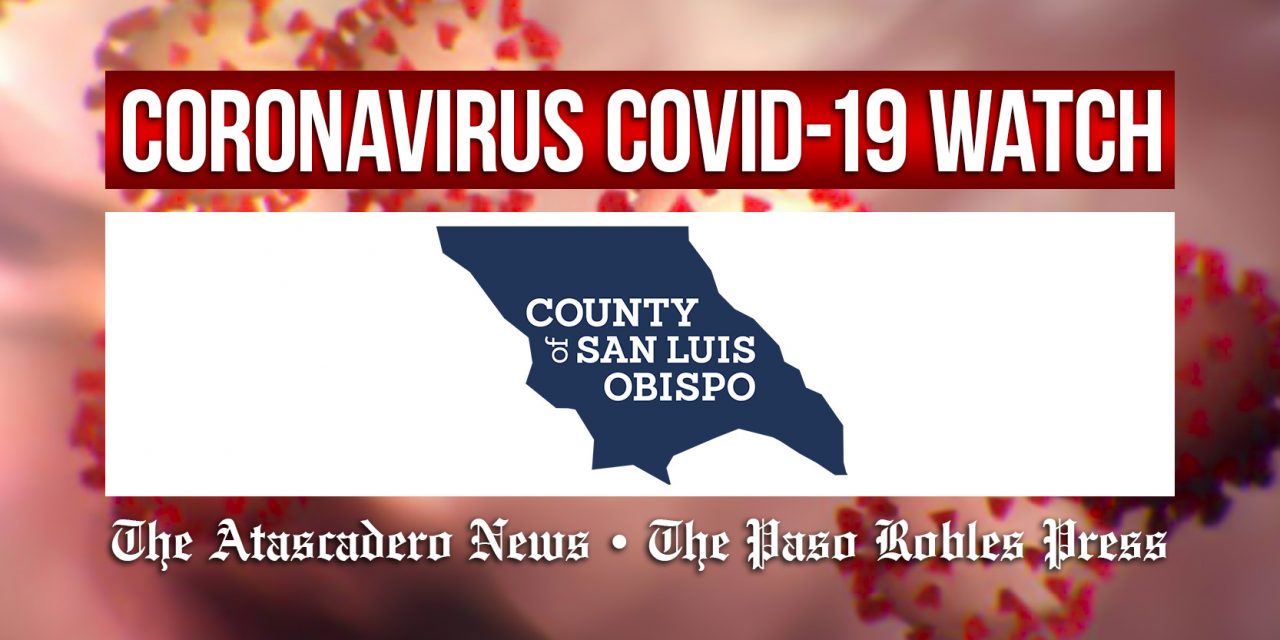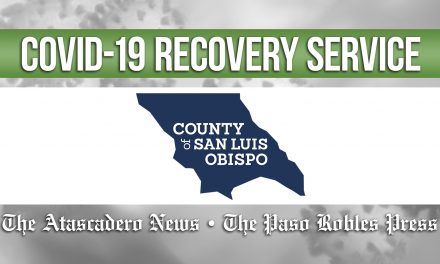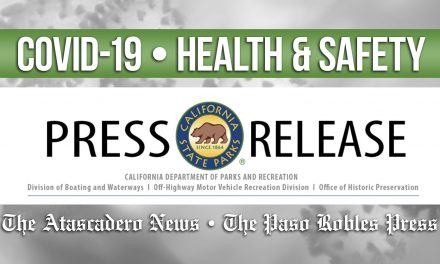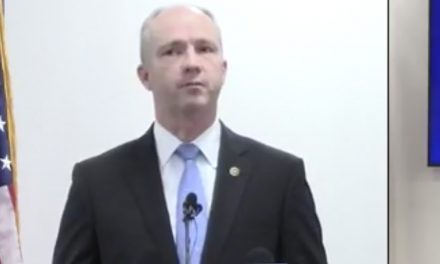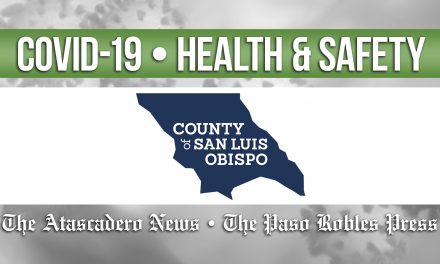The first of four daily briefings took place at the County Public Health Department office
- Funding available for small businesses
- COVID-19 cases increased from 3 to 6
- Restaurant dining recommended to close until further notice
- County needs reagent to continue local testing
- 192 of 198 tests performed in SLO County returned a negative result
SAN LUIS OBISPO — On Tuesday, San Luis Obispo County Public Health Department conducted the first of four daily press briefs from its main office on Johnson Avenue, scheduled to continue on Wednesday, Thursday, and Friday.
County Office Administrator Wade Horton gave the first briefing, followed by SLO County Public Health Officer Penny Borenstein.
“This is a rapidly evolving situation,” Horton explained.
On Friday, March 13, the County declared a state of emergency due to COVID-19 cases confirmed locally. In addition to funding available for the County to address local needs, the federal government is also making funds available to businesses in shock over the sudden halt of normal activity.
“SLO County is now eligible for federal disaster relief loans through the Small Business Administration,” Horton said. “These are loans for small businesses up to $2 million, with an interest rate capped at 4 percent.”
Horton also relayed that the County is working on an ordinance to mirror the state action to prevent evictions and foreclosures during this time of both health and economic crisis.
When Horton finished, Borenstein provided insight on four points of information, including confirmation that confirmed cases of COVID-19 have increased from three to six “overnight.
“The importance of that is when we step back and look at our six cases, only two of them are considered ‘community transmission.'” Borenstein said. “We absolutely anticipate our numbers will go up at a rapid pace.”
Borenstein also announced that the County will recommend that — along with night clubs, wineries, brew pubs and bars — restaurants with seated dining also close immediately until further notice. Excluded from the restaurant closure is drive-thru, delivery or takeout opportunities.
“We went through a number of algorithms related to our emergency response plans for ‘surge capacity,'” Borenstein said. “What I mean by that is what we would do in handling patient demand on our hospital system if we exhausted the number of beds.”
“I want the community to know we are taking this very seriously and looking at all manner of plans for in-hospital expansion as well as potentially out-of-hospital expansion to meet any acute health needs that may come our way as part of this pandemic.”
Lastly, Borenstein reported on the laboratory testing facilities, which was a cause for concern as the County capacity for testing was 50.
“Today, we have found ourselves with a limitation on the extraction reagents for the test and had to pull back a bit from our capacity for 50,” Borenstein said. “We want to maintain the limited capacity we have for our highest-need individuals, which are those in hospital situations as well as individuals who are context to known cases.”
Without the reagent substance needed in the testing process SLO County PHD is unable to perform local testing. The reagent is a component of the test process, supplied by the International Reagent Resource, and the County is currently low in supply. A reagent is a substance used in chemical reaction analysis, and necessary to conduct tests for COVID-19, and while Borenstein confirmed the County possessed another kit to test up to 300 people, local testing cannot happen without a supply of the reagent. In the case of this pandemic, timing is critical in the defense of spread.
“We hope to have the capacity in the next couple days to provide for the highest concern patients,” Borenstein said. “Beyond that, we will have to send tests to state or private laboratories which have capacity but the turnaround is not as quick.”
Of the 198 tests performed locally so far, Borenstein confirmed that all results have been processed — only the six confirmed cases were positive, while 192 tests provided a negative result.
“For the best of my knowledge there is no laboratory physically in our county other than our County Health lab that is providing testing,” Borenstein said.
Personal healthcare providers can send samples for testing to labs out of the area, which can take longer to return results than the County PHD testing.
On Tuesday evening, California Governor Gavin Newsom signed an executive order to allow for timely delivery of vital goods, which may allow for faster arrival of a reagent to the SLO County PHD lab.
The next public briefing will be held on Wednesday, March 18 at 3 p.m. from the PHD office at 2191 Johnson Avenue, and can be livestreamed from the County PHD’s Facebook page.

